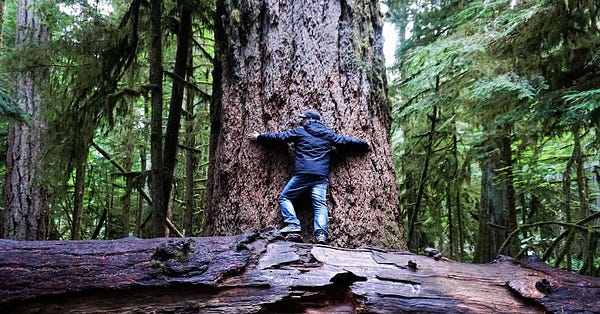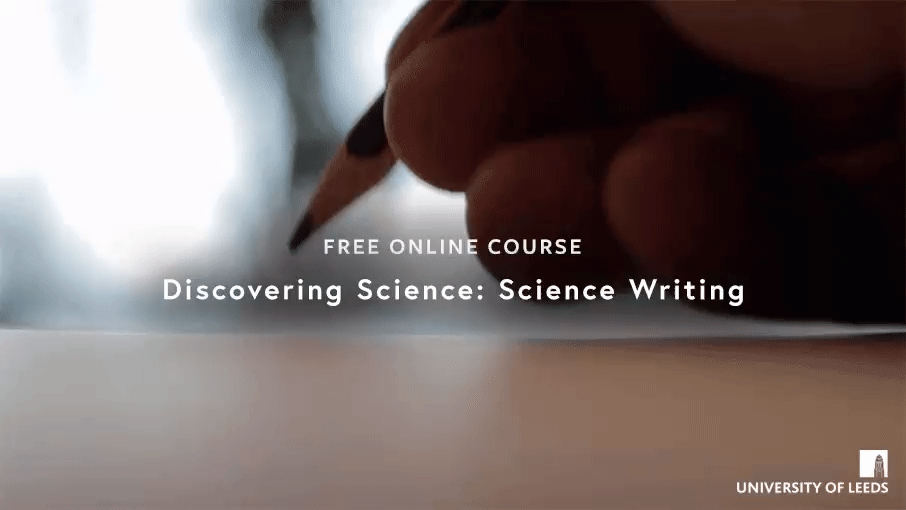✍️Science Writing News Roundup #24 (December 29, 2020)
Meet The Open Notebook’s newest early-career fellows + A list of science communication internships + The complexities of covering science on the cutting edge
Congratulations to The Open Notebook’s newest early-career fellows: Pedro Márquez-Zacarías, María Paula Rubiano, Abdullahi Tsanni, and Carolyn Wilke! They will spend eight months working with individual mentors and the TON editorial team to report and write articles on the craft of science journalism. Image credit: Jennifer Rattray/Mateo Guerrero/Vera Mbamalu/S. Wilke
✏️ Opportunities












💡 Ideas
ScienceWriters2020: Highlights for editors too. This article highlights several ScienceWriters2020 science communication workshops, with emphasis on content that may especially interest science editors and those in related realms.
Scribing at the frontiers of science and ethics. Brooke Dulka, a freelance science writer, was a scribe for “Journalists and Scientists at the Frontiers of Science: A Dialogue about Values and Responsibility,” a workshop at ScienceWriters2020. “As a fledgling journalist, this workshop had a major impact on me. During my scientific training, I often thought about the ethics of animal research. Now, as a writer, I know that I need to keep ethical considerations about any given topic at the front of my mind,” she writes.
What to expect from fact-checking in 2021. “2020 has likely been the most chaotic year in the 21st century and certainly an overwhelming one for fact-checkers. The coronavirus pandemic not only shook the world in an unprecedented way, but it also redesigned how fact-checkers work, how we learn from one another and, most importantly, how we collaborate not only locally but globally,” writes Baybars Örsek, Director of the International Fact-Checking Network at Poynter Institute.
📹 Videos
The complexities of covering science on the cutting edge. The most exciting science stories that journalists cover, from artificial intelligence to gene editing, often have an ethical component. What are the social implications of a particular line of research?
Journalists and scientists at the frontiers: Closing session. How can journalists manage the challenges of reporting on developments that stir excitement, hope, cultural controversy, anger and fear and best serve their readers and society?
Finding data that can bolster your pandemic reporting. This recorded panel, from AHCJ’s Summit on Infectious Disease in November, features experts in biosecurity, vaccines and health disparities. The speakers highlight data-driven tools that journalists can use in pandemic reporting.
📣 Events
Conversations on COVID-19: Vaccines in the News (Caltech Science Exchange, January 11, 2021)
Online SciComm Coworking Session (January 13, 2021)
🔍 Career opportunities
Content Specialist and Writer, Cancer Research UK, London
Staff Writer/Editor, The Scientist, Remote, US/Canada
Social Media Coordinator, Science World, Vancouver, BC, Canada
Chemistry Curriculum/Content Editor, Khan Academy, Remote
Associate Editor, Content Partnership, C&EN, Washington, DC, US
More jobs 👉Science Writing News Roundup #23
👉 Don’t miss any updates from the Science Writing News Roundup:
Worried you missed something? See previous newsletters here. What would you like to see in the newsletter? Please send me your suggestions by replying to this email: sciencewriting@substack.com😃
If you liked this post, share it with your friends 💙





